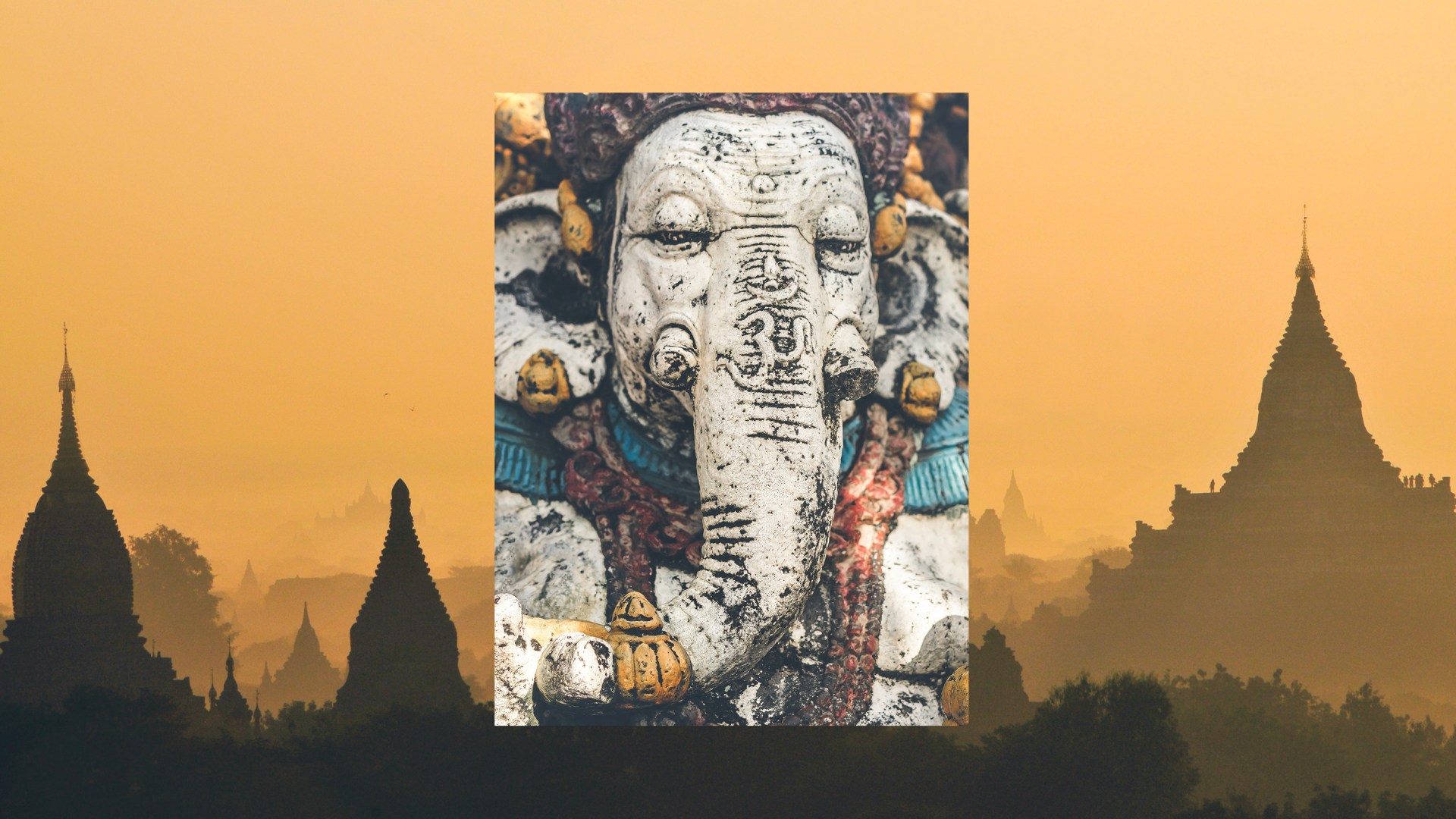In this series

The average person, whether Hindu, Muslim, or (often even) Christian, tends to think in fatalistic terms, especially when experiencing challenging circumstances—financial loss, a family member’s illness or death, accidents, or sometimes the birth of yet another girl child instead of the desired son. There is the idea that one must accept one’s fate. In movies and TV shows, an extreme form shows up: Persons in a certain station of life are experiencing the consequences of fate, and that situation should have no humanitarian intervention.
Key sources for fatalism in India are popular Hinduism and, to a lesser extent, Islam. Hindus use the expression “It’s my karma!” Here karma is used negatively and means consequences from bad deeds done in a previous life. When good things happen unexpectedly, the positive expression is “It’s my punya from some previous life!” Punya would be the reward for good deeds done in an earlier reincarnation.
Both Hindus and Muslims use the expression “It’s all written on the forehead.” This is a resignation or acceptance of what happens in life, usually referring to unhappy events. Often this is accompanied with a gesture—beating their palms against their foreheads.
Christians do not usually use these expressions, unless at the popular level. They do, however, osmotically imbibe the fatalistic outlook, expressing it in terms of the irresistibility of divine working: “What to do! This is what God has decided for me.”
This becomes problematic when Christians begin to think they have no agency. I have students in my seminary who polarize the Calvinist-Arminian debate and think they must take one side or the other.
Conservative evangelical theology might locate itself at the “traditional” Calvinist end of the debate, minimizing or disallowing human free will. Everything is credited to the unknowable “sovereignty of God,” whether good or ill, including national election results, a tsunami sweeping the coast, a personal road accident, or a positive COVID-19 test. Certainly, in evangelical pulpits, divine sovereignty or predeterminism more often dominates over human agency and natural or logical cause-and-effect explanations for phenomena. Some conservatives also subscribe to double predestination, where those who reject the gospel are destined to do so. Largely, these beliefs give Christians who do not want to take initiative an excuse to remain passive. And it allows Christians to shrug off responsibility for the consequences of their actions or words, if the worldview is that God has predetermined everything that happens in their lives.
Sermons by conservative pastors will rarely issue a call or command to strive or employ human effort in actively seeking a job or equipping oneself further for a task. Instead, they emphasize that we must wait on God, pray for his leading, and stay within God’s will. This is also more prevalent in poorer and oppressed caste congregations.
To challenge fatalistic thinking in the church, pastors can introspect on the extent to which their Calvinistic mindsets are really an extension of popular Hindu thinking and worldview.
I often challenge fatalistic thinking when teaching Genesis 2–3, which shows how seriously God takes human agency and how he holds humans responsible for their actions. The narratives of Pharaoh and Saul are also grounds for a lively debate on whether these two were fated or flawed. By comparing these narratives with those of heroes in Hindu mythology (especially Karna and Abhimanyu from the Mahabharata epic), we see that Pharaoh and Saul are flawed characters whose human free will brings about their tragic ends.
In this, the narrator’s repeated remark that God hardened Pharaoh’s heart should be read alongside the equally frequent comment that Pharaoh hardened his heart, with the understanding that God only affirms human agency. Indeed, the report that God is the agent for the hardened heart commences only at the sixth plague and is explicit from the eighth plague onward.
Read our contributors’ bios in the series’ lead article, Destiny Is All? How Fatalism Affects Churches Across Asia. (Other articles in this special series are listed to the right on desktop or below on mobile.)



















